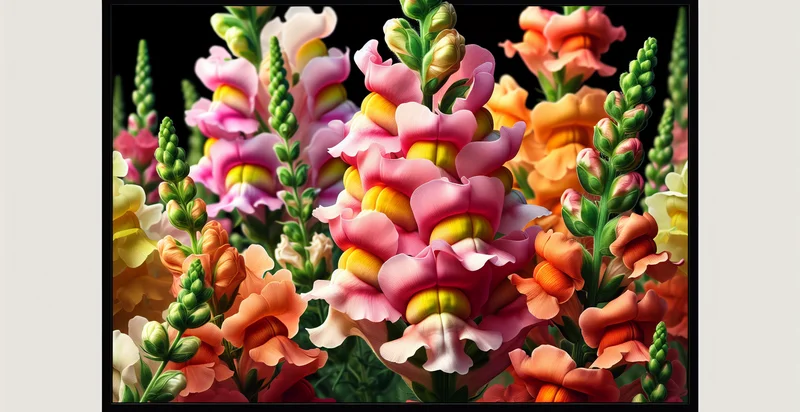Identify is this a lotus
using AI
Below is a free classifier to identify is this a lotus. Just upload your image, and our AI will predict if it’s a lotus - in just seconds.

Contact us for API access
Or, use Nyckel to build highly-accurate custom classifiers in just minutes. No PhD required.
Get started
import nyckel
credentials = nyckel.Credentials("YOUR_CLIENT_ID", "YOUR_CLIENT_SECRET")
nyckel.invoke("is-this-a-lotus", "your_image_url", credentials)
fetch('https://www.nyckel.com/v1/functions/is-this-a-lotus/invoke', {
method: 'POST',
headers: {
'Authorization': 'Bearer ' + 'YOUR_BEARER_TOKEN',
'Content-Type': 'application/json',
},
body: JSON.stringify(
{"data": "your_image_url"}
)
})
.then(response => response.json())
.then(data => console.log(data));
curl -X POST \
-H "Content-Type: application/json" \
-H "Authorization: Bearer YOUR_BEARER_TOKEN" \
-d '{"data": "your_image_url"}' \
https://www.nyckel.com/v1/functions/is-this-a-lotus/invoke
How this classifier works
To start, upload your image. Our AI tool will then predict if it’s a lotus.
This pretrained image model uses a Nyckel-created dataset and has 2 labels, including No It Is Not A Lotus and Yes It Is A Lotus.
We'll also show a confidence score (the higher the number, the more confident the AI model is around if it’s a lotus).
Whether you're just curious or building is this a lotus detection into your application, we hope our classifier proves helpful.
Related Classifiers
Need to identify is this a lotus at scale?
Get API or Zapier access to this classifier for free. It's perfect for:
- Floral Retail Inventory Management: Retailers specializing in flowers or plants can use the lotus identifier to streamline inventory management. By automatically classifying lotus plants among other inventory items, businesses can reduce human error and ensure accurate stock levels.
- E-Commerce Product Tagging: Online marketplaces can implement the lotus identifier to enhance their product categorization. By automatically tagging product images of lotuses, e-commerce platforms improve searchability and customer experience, leading to increased sales.
- Ecological Research and Monitoring: Environmental scientists can utilize the classification function to monitor the presence of lotus plants in various ecosystems. This data can support conservation efforts and habitat preservation initiatives by identifying areas with significant lotus growth.
- Agricultural Pest Control: Farmers can use the lotus identifier to differentiate between lotus and similar plant species in their fields. This helps in targeting pest control measures more accurately, ensuring that only the necessary plants receive treatment without harming beneficial species.
- Educational Apps for Botany Students: Educational tools and apps can incorporate the lotus identifier to assist students learning about plant species. By providing instant identification of lotuses, the tool enhances interactive learning experiences and fosters greater engagement with botanical studies.
- Art and Photography curation: Artists and photographers can leverage the lotus classification tool to curate their collections more effectively. Knowing whether their images feature lotuses helps in organizing portfolios and sharing content with a targeted audience interested in specific flora.
- Landscape Design and Planning: Landscape architects can use the lotus identifier in design software to identify suitable locations for lotus planting. This helps in planning aesthetically pleasing gardens and water features that incorporate lotuses, contributing to sustainable landscaping practices.


